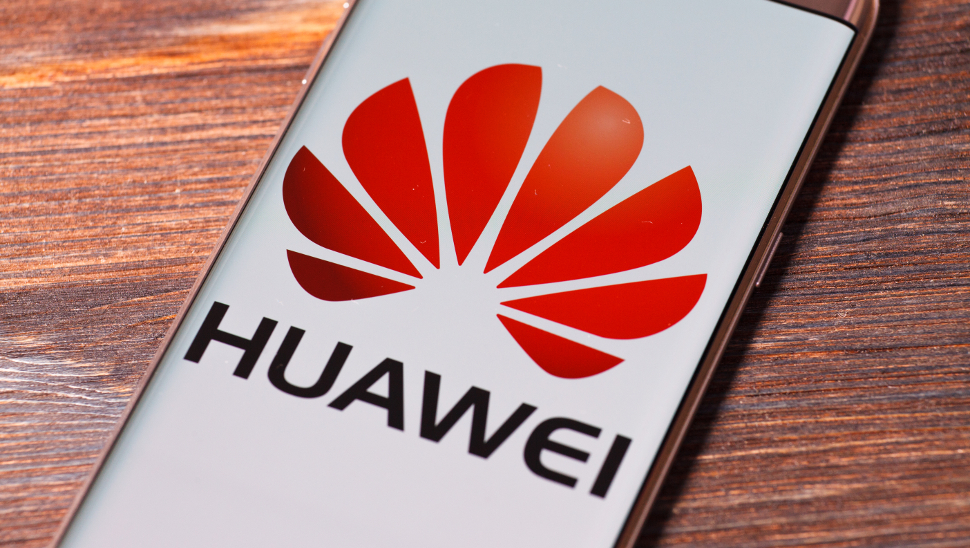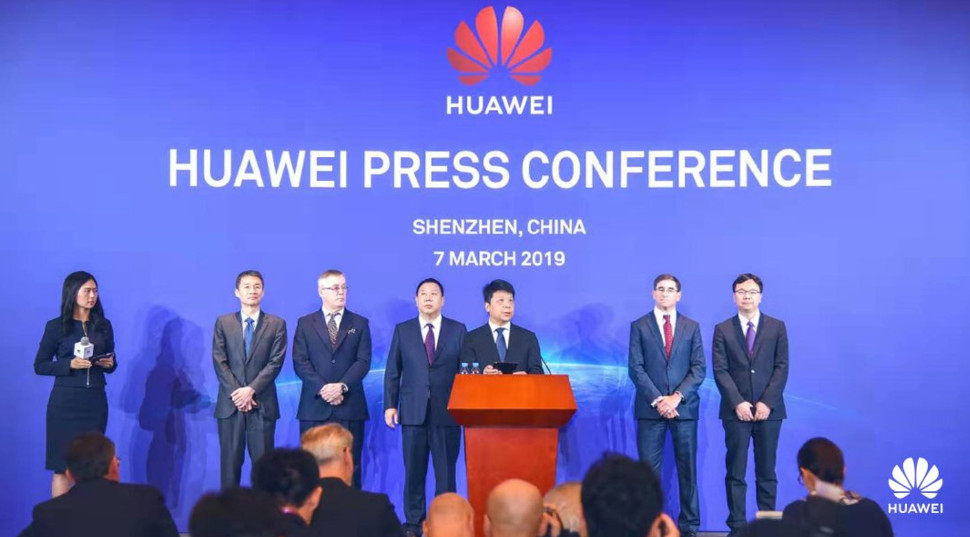Huawei sues US government
Lawsuit concerns "unconstitutional" restrictions placed on Chinese giant's tech

Huawei has announced plans to sue the US government as the bitter enmity between the two reaches a new peak.
In the latest flashpoint between the Chinese technology giant and US lawmakers, Huawei has announced a lawsuit aimed at overturning the limits placed on its products and services in the US.
"The U.S. Congress has repeatedly failed to produce any evidence to support its restrictions on Huawei products. We are compelled to take this legal action as a proper and last resort," Guo Ping, Huawei Rotating Chairman said in a statement.
"This ban not only is unlawful, but also restricts Huawei from engaging in fair competition, ultimately harming U.S. consumers. We look forward to the court's verdict, and trust that it will benefit both Huawei and the American people."
- Best Huawei deals for March 2019
- US government 'urges' allies to ditch Huawei equipment
- Huawei Mate X hands-on review
'Violation'
Huawei's suit, filed in a federal court in Plano, Texas, concerns Section 889 of the 2019 National Defense Authorization Act (NDAA). This blocks all US Government agencies from buying Huawei equipment and services, but also bars them doing business with third parties who buy Huawei equipment or services without any executive or judicial process.
The company says this violates several major legal clauses, including the Due Process Clause, but also violates the Separation-of-Powers principles enshrined in the US Constitution, because Congress is both making the law, and attempting to adjudicate and execute it.
"Section 889 is based on numerous false, unproven, and untested propositions," said Song Liuping, Huawei's Chief Legal Officer.
Sign up to the TechRadar Pro newsletter to get all the top news, opinion, features and guidance your business needs to succeed!
"Contrary to the statute's premise, Huawei is not owned, controlled, or influenced by the Chinese government. Moreover, Huawei has an excellent security record and program. No contrary evidence has been offered."
"At Huawei we are proud that we are the most open, transparent, and scrutinized company in the world," said John Suffolk, Huawei’s Global Cyber Security & Privacy Officer. "Huawei's approach to security by design development and deployment sets a high standards bar that few can match."

Huawei argues that the restrictions enforced by the NDAA are stopping it from sharing its knowledge and providing advanced 5G technologies to US consumers.
This is slowing down the roll-out of 5G across the US, which could benefits users across the country, who Huawei says will be forced to choose, "between government funding and high-quality, cost-effective products".
It adds that putting restrictions on Huawei will stifle competition, meaning the average US consumer will end up paying higher prices for inferior products.
The company quotes estimates from unnamed "industry sources" that claims allowing Huawei to compete would reduce the cost of wireless infrastructure by between 15 and 40 percent, saving at least $20 billion over the next four years across North America.
The stage is now set for a potentially lengthy and expensive legal battle which could finally see Huawei break back into the US.
The company has effectively been frozen out of the US market, although it does provide equipment to a number of smaller players in the country, while Australia has banned its operators from using Huawei equipment in their 5G rollouts on national security grounds.
The main basis for these fears is a perception that Huawei is linked to the Chinese government and that the use of the company’s equipment risks the possibility of backdoors that could be used for espionage.
Huawei has repeatedly denied such accusations, pointing out that it works with security agencies around the world and that it sells products to more than 500 operators in 170 countries without issue. This includes the UK, where BT, EE, Vodafone and Three are all customers.
- What is 5G? Everything you need to know

Mike Moore is Deputy Editor at TechRadar Pro. He has worked as a B2B and B2C tech journalist for nearly a decade, including at one of the UK's leading national newspapers and fellow Future title ITProPortal, and when he's not keeping track of all the latest enterprise and workplace trends, can most likely be found watching, following or taking part in some kind of sport.